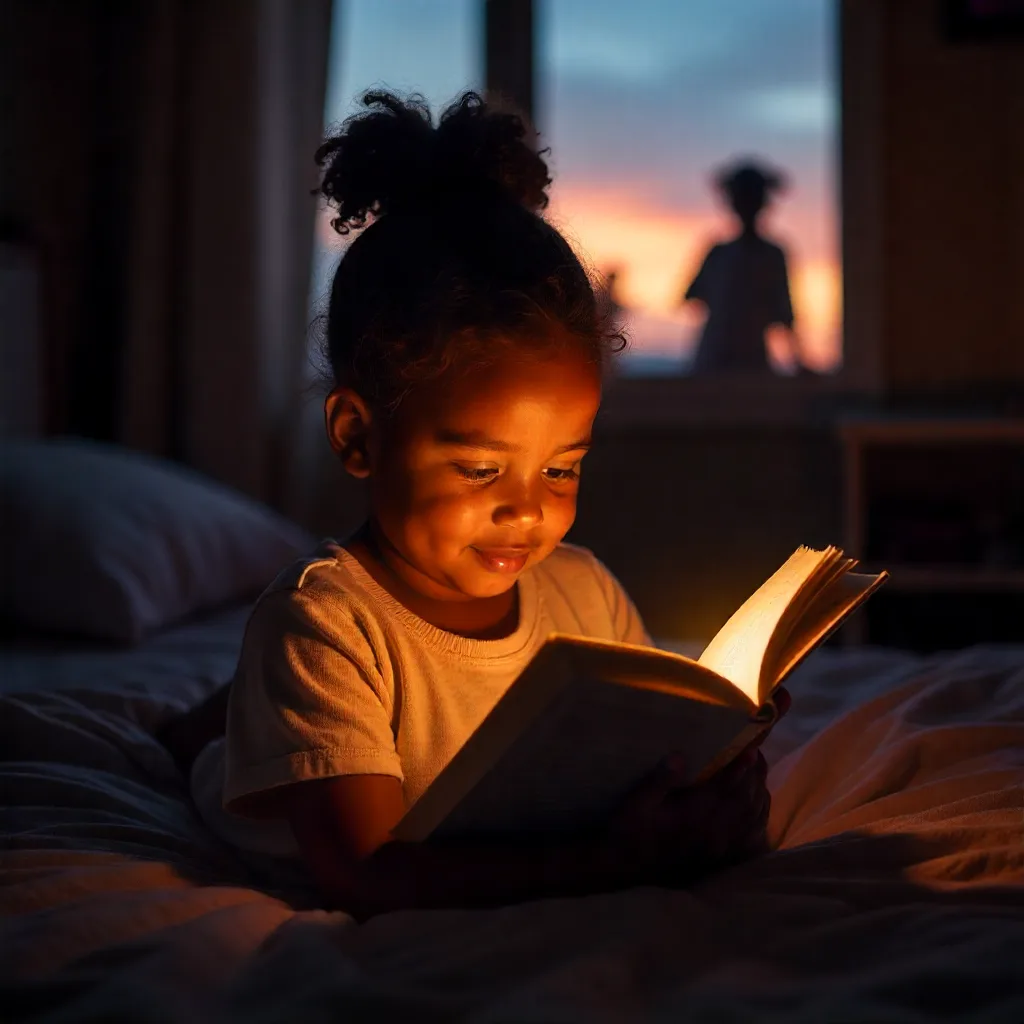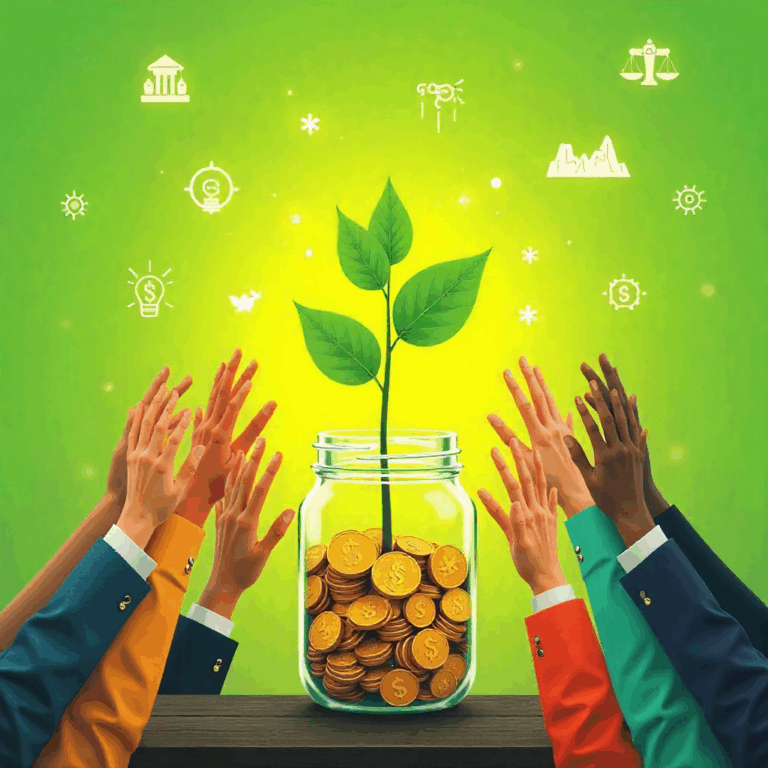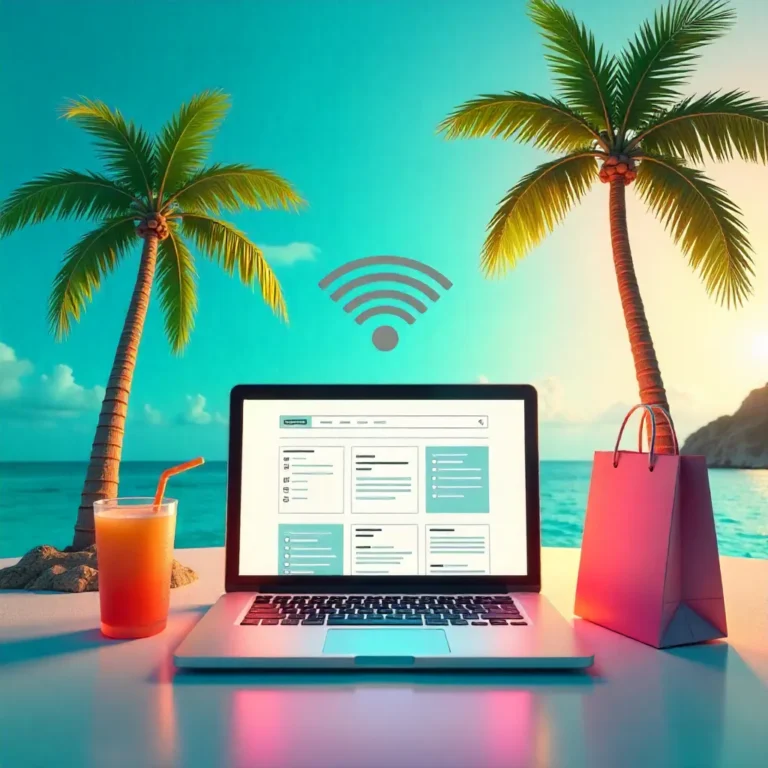It started out as a pretty normal weekend. I had joined a collegiate organization on Facebook, and one of their posts popped up with an invite to a get-together. My girlfriend wasn’t around, and honestly, I was feeling a little uneasy about heading out solo. Since I didn’t have work that night either, I ended up staying in and wasting time listening to music.
The next morning, I did what most of us do—I scrolled through my feed to see what I’d missed. There were pictures of the party, full of people crowded around a table playing beer pong. Except, instead of beer, the cups were clearly filled with water. I had expected at least a little bit of actual drinking, some flirting, or maybe even some low-key board games. But instead of laughing at the photos, I found myself feeling… off. It wasn’t the scene I thought I was missing out on.
So, instead of going deeper into the rabbit hole of comparing myself to filtered moments on Facebook, I did something different. I shut off the computer, picked up a book, and spent the next few hours reading.
And that’s when it hit me with full force: what if I didn’t know how to read at all?
The Reality of Illiteracy in the U.S.
It sounds dramatic, but the thought stuck with me. Reading is something so many of us take for granted, yet not everyone has that privilege. Twenty years ago, around 11.2% of the U.S. population was considered illiterate. By 2010, that number had climbed to 15.4%. That’s not just a statistic—that’s millions of people struggling every day with something most of us do without thinking.
Imagine not being able to read a text message from your best friend, directions on a new app, or even the lyrics to a song you love. In today’s world, where information spreads at lightning speed, illiteracy doesn’t just make life harder—it can make you feel like you’re falling behind entirely.
It reminds me of when the Palm Pilot came out years ago. At first, it was seen as this cool, futuristic gadget, but eventually it was left behind for smartphones. Illiteracy is kind of like that—except you don’t get to upgrade. You’re stuck watching the rest of the world move forward without you.
Why This Matters More Than Ever
The crazy thing is that illiteracy isn’t just about reading books in school. It affects every part of life. People who struggle to read often miss out on job opportunities, healthcare instructions, and even everyday stuff like reading signs, emails, or online posts. In a culture where so much of our communication happens through text, being unable to read means being shut out of entire conversations.

And here’s the truth: most of us don’t notice. We scroll past the headlines, the articles, the memes, without thinking about how many people can’t join in. Illiteracy doesn’t usually trend on Twitter or blow up on TikTok, but it’s there—quietly shaping the lives of millions.
A New Project: Fighting Back with Creativity
That brings me to my next big thing: a new project for our website. I’ve got a handful of smaller tasks lined up, but one massive project is going to set the tone for the next couple of months: a video series.
The idea is a three-part series that explores the relationship between books and movies—how they’ve developed, how they overlap, and why they matter. One of those videos will shine a spotlight directly on illiteracy.
We want to show how stories connect us, but also how dangerous it is to leave people behind who can’t access them. Schools, musicians, and reform groups have been fighting this fight for years. Our video won’t solve the problem, but we want to be part of the movement by raising awareness in a way that speaks to people like us—young adults who live online and get most of our information through digital platforms.
Where to Watch
The videos will roll out next year, and you’ll be able to catch them on our website, Twitter, and Facebook. They’ll cover more than just stats and numbers—we’ll focus on the human side of the issue. What does it feel like to live without access to books? How do films make stories more accessible, and what happens when reading isn’t part of the equation?
Our hope is that by blending books, movies, and social media, we can bring more attention to the cause in a way that feels relevant and relatable.
Why You Should Care
At the end of the day, reading isn’t just about school assignments or textbooks. It’s about freedom. The freedom to learn, to connect, to keep up with a world that’s moving faster than ever. Imagine being locked out of that because the resources weren’t there for you.
Illiteracy might not always be visible, but it’s real—and if we care about the future of storytelling, education, and even entertainment, it’s something worth fighting against.
So next time you scroll past a reading-related post or see an awareness campaign, pause for a second. Think about how different your life would be without the ability to read this very sentence. And then, if you can, join us in making sure more people don’t get left behind.



